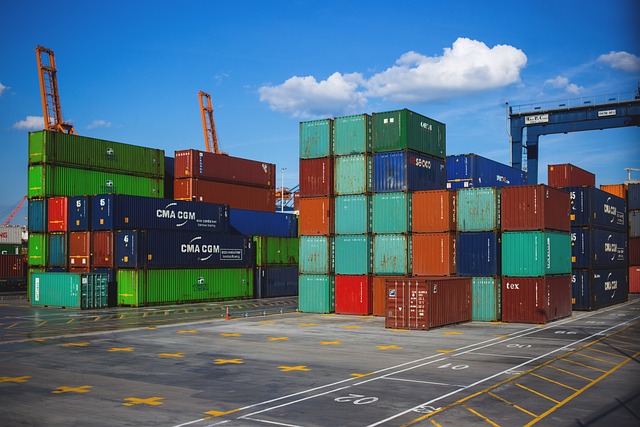If you import goods into the UK, deferring or postponing import VAT is a very important consideration. Because, this key decision affects your cash flow more than most. These two methods are often confused by businesses, but they work in very different ways.
Knowing the difference can help your business save costs, avoid unnecessary delays, and keep on the right side of HMRC. Furthermore, if you're online e-commerce business selling goods not using the drop-shopping method, then managing cash flow is key.

Deferring import VAT
Deferring import VAT delays the actual payment of VAT when your goods arrive in the UK. Instead of paying immediately, you can pay monthly through the Duty Deferment Scheme.
As well as being VAT registered and possessing an EORI number you'll require the following inorder to access the scheme:
This scheme allows you to group multiple import VAT payments into one monthly direct debit. It’s especially useful if you import goods on a regular basis. Additionally it's useful if you want to simplify your customs process.
What's more the Deferment scheme allows you up to 45 days’ grace before HMRC take payment. Therefore, this can help your cash-flow significantly.
Postponing import VAT
Postponing import VAT means you declare and recover import VAT on the same VAT Return. This is instead of having to pay upfront when the goods are imported and recover it later. This is known as Postponed VAT Accounting (PVA).
With this scheme you avoid any upfront VAT payment. As a result, there's an immediate cash flow benefit. What's more there’s no need for a DAN or approval—any VAT-registered UK business can use PVA.
If your intend to simplify your accounting and improve your business cash liquidity, postponement makes your life easier.
Key differences - Duty Deferment Scheme and Postponed VAT Accounting
The key differences between the two schemes are set out below:
Feature | Deferment | Postponement |
|---|---|---|
Payment Method | Monthly direct debit | Through VAT Return |
HMRC Approval | Required (with DAN) | Not required |
Financial Guarantee | Often needed | Not needed |
Cash Flow | Delayed outflow | No outflow (if reclaimable) |
If you import frequently, need structured monthly payment and want to defer customs duties, then the DDS is most appropriate for you.
However, this method gives more control but requires admin and setup. It works best for high-volume importers.
Conversely, if you want to avoid paying VAT upfront, prefer a straightforward VAT return declaration process and need an immediate cash flow benefit then PVA is the best scheme.
Equally importantly, It’s flexible, fast, and open to all VAT-registered importers. Plus it's especially useful for SMEs or irregular traders.
Conclusion
The choice between deferring or postponing import VAT isn't just timing. It’s about controlling your cash flow, and compliance. Whilst deferment delays payment, but it requires monthly settlement
However, postponement avoids the VAT payment entirely, if reclaimable
Both methods have unique advantages, though you should choose the one that aligns most effectively with your business model and import volume.
For more useful information, check out our Ebooks here
And if you'd like to know how we can help you with all of this, or with anything else, feel free to give us a call on 01202 048696 or email us at [email protected].
Alternatively, please feel free to complete our Business Questionnaire here.
